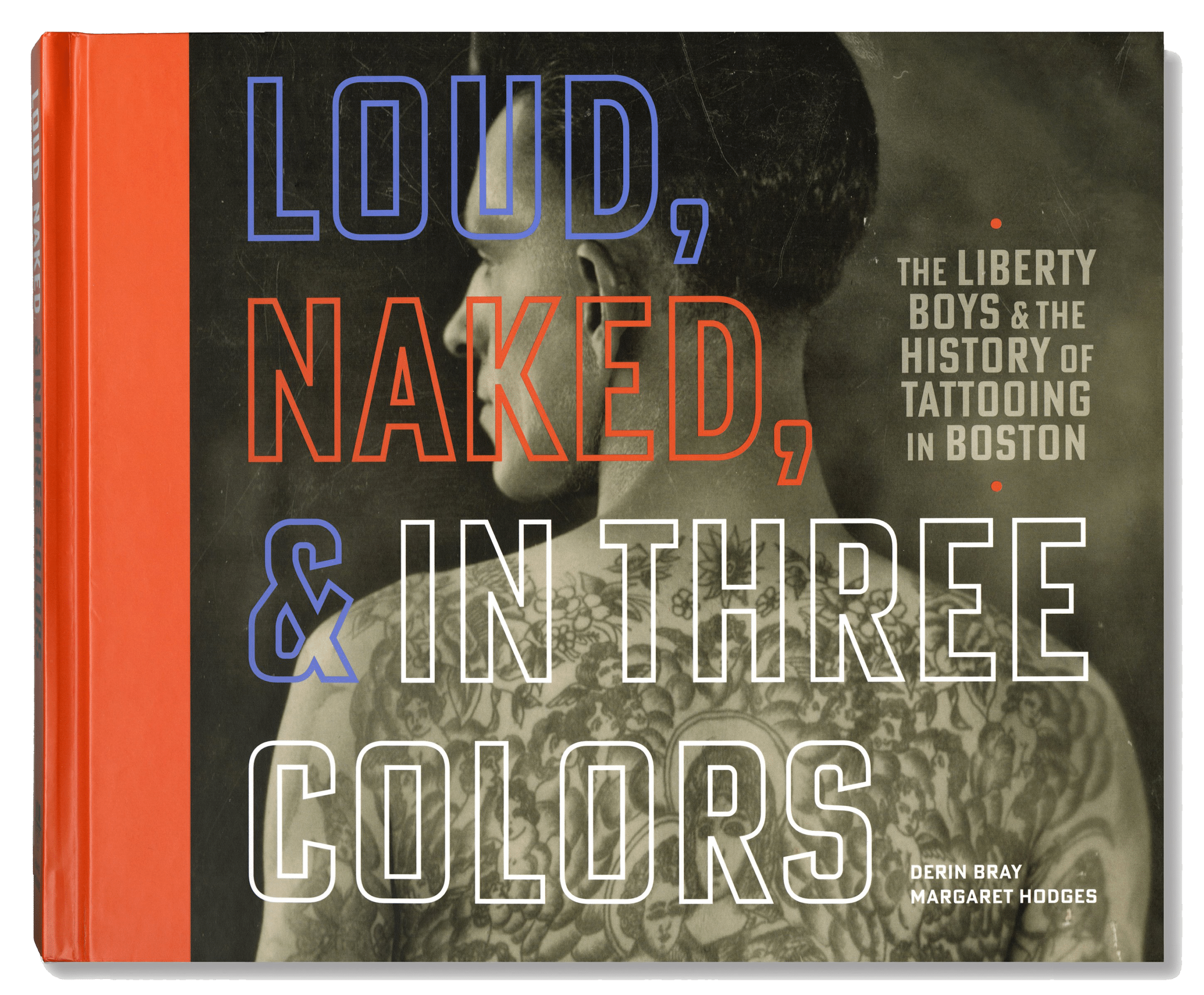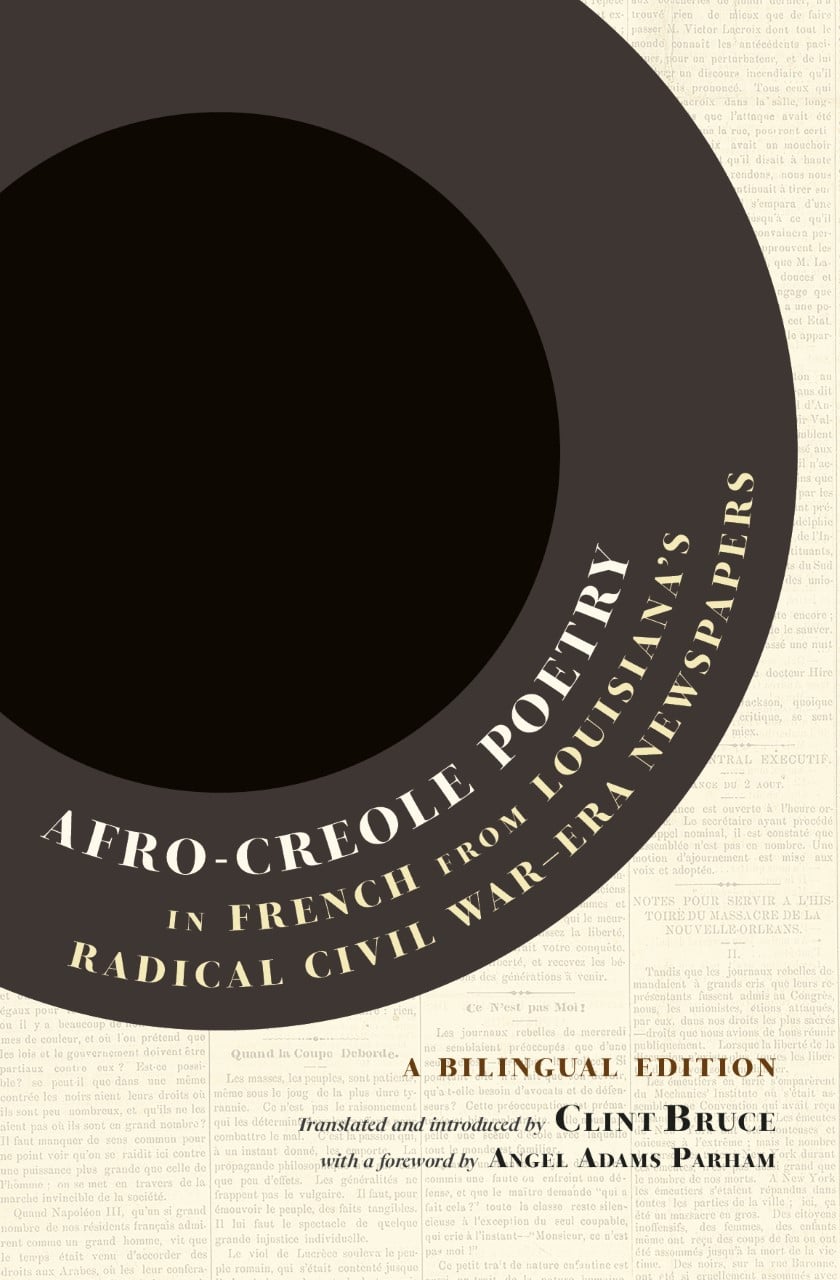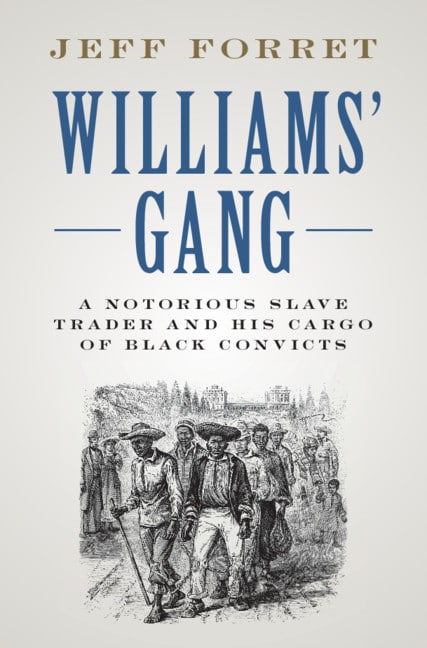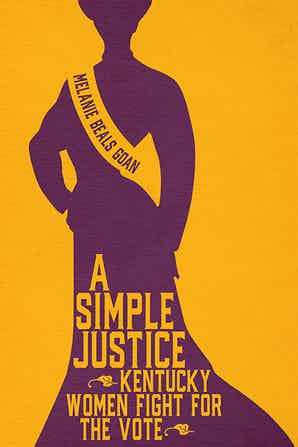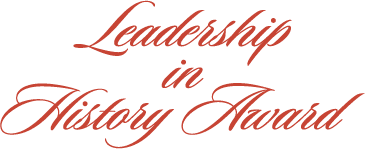
The American Association for State and Local History (AASLH) proudly announces the winners of the 2021 Leadership in History Awards for publications, our national awards program for books that preserve and interpret state and local history. This year, AASLH is proud to confer two awards and two honorable mentions for works covering everything from women’s suffrage to Boston’s tattoo history.
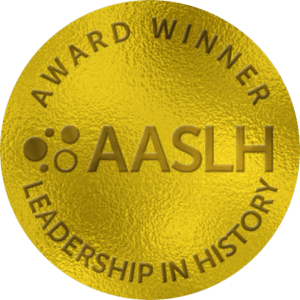 The Leadership in History Awards Program was initiated in 1945 to build standards of excellence in the collection, preservation, and interpretation of state and local history throughout America. Publications are categorized according to press size, and books published in the past two years are eligible. Each nomination is peer-reviewed by AASLH’s publication award committee for good history, innovative scholarship, and contribution to the field.
The Leadership in History Awards Program was initiated in 1945 to build standards of excellence in the collection, preservation, and interpretation of state and local history throughout America. Publications are categorized according to press size, and books published in the past two years are eligible. Each nomination is peer-reviewed by AASLH’s publication award committee for good history, innovative scholarship, and contribution to the field.
Presentation of the awards will be made at a special reception during the 2021 AASLH Annual Meeting in Little Rock on Friday, September 24. The reception is supported by a generous contribution from HISTORY™.
Small Press
Winner: Loud, Naked, & in Three Colors: The Liberty Boys and the History of Tattooing in Boston by Derin Bray and Margaret Hodges (Rake House)
From the 1910s until 1962, when Massachusetts banned tattooing statewide, Edward “Dad” Liberty and his sons Frank, Harold, and Ted dominated the Boston tattoo scene from their shops in Scollay Square, the city’s gritty entertainment district. Over their lifetimes, the Liberty men accumulated what is today the largest group of Boston-related tattoo material in existence—an unmatched collection of tattoo-related art, vernacular photographs, colorful shop signs, correspondence, and graphic ephemera. Loud, Naked, & in Three Colors draws upon this newly-discovered material to create a richly illustrated history of an iconic family of Boston tattoo artists.
The Liberty family’s story illuminates a remarkable period in American history when a burgeoning, increasingly diverse working class created a demand for new forms of popular entertainment. Across America, hundreds of people with a taste for nonconformity and adventurism turned to the tattoo trade, often to supplement their income as wage laborers. However, despite the rich potential for historical study of these folk, there has, until now, been little understanding of their daily lives, their professional struggles, or how the arcs of their often lifelong careers reflected larger cultural trends.
Honorable Mention: Afro-Creole Poetry in French from Louisiana’s Radical Civil War-Era Newspapers: A Bilingual Edition by Clint Bruce (editor and translator), (Historic New Orleans Collection)
Collected and translated in full for the first time, seventy-nine original poems by over a dozen activist authors resurrect powerful voices of protest and hope from the foundational era of the civil rights struggle—which began not in the 1950s and ’60s, but in 1860s New Orleans, in French. The collection reveals conversations hidden for over a century: exchanges between writers publishing their poems in L’Union and La Tribune, newspapers founded and run by New Orleans’s influential community of French-speaking free people of color. In this volume, the original French poems appear alongside Clint Bruce’s sensitive English translations. A comprehensive and accessible introduction, biographies of the poets, and thorough annotations immerse readers in Civil War and Reconstruction-era Louisiana.
Large Press
Winner: Williams’ Gang: A Notorious Slave Trader and His Cargo of Black Convicts by Jeff Forret (Cambridge University Press)
William H. Williams operated a private slave jail in Washington, D.C. known as the Yellow House and actively trafficked in enslaved men, women, and children for more than twenty years. His slave-trading activities took an extraordinary turn in 1840 when he purchased twenty-seven enslaved convicts out of the Virginia State Penitentiary in Richmond with the understanding that he transport them outside the United States for sale. When Williams instead conveyed his captives illegally into New Orleans, allegedly while en route to the foreign country of Texas, he prompted a series of courtroom dramas that would last for almost three decades, even after the abolition of slavery itself.
As the first legal history of the coastwise domestic slave trade, Williams’ Gang examines the nation’s capital of Washington, D.C., as one of the most active slave depots complicit in the forced removal of enslaved people to the Deep South. The Yellow House lay only half a mile west of the U.S. Capitol and was readily visible to lawmakers in Congress. At the other end of the slave trade stood New Orleans, where Williams sold the surplus bondspeople from the Chesapeake to owners of cotton and sugar plantations in the Old Southwest. Williams’ Gang documents the legal structures in place to enable this particular form of human trafficking. By tracing the saga of the twenty-seven enslaved convicts, the book also informs modern-day conversations about policing, the wrongful convictions of Black defendants, and the long history of Black incarceration in the United States.
Honorable Mention: A Simple Justice: Kentucky Women Fight for the Vote by Melanie Beals Goan (The University Press of Kentucky)
In A Simple Justice: Kentucky Women Fight for the Vote, author Melanie Beals Goan offers a new and deeper understanding of the suffrage movement by following the women and men who endured public embarrassment and gave years of their lives to see the battle won. Woman’s suffrage was not simply a question of whether women could and should vote; it carried more serious implications for white supremacy and for the federal-state balance of power, especially in a border state like Kentucky. Goan looks beyond iconic figures such as Susan B. Anthony and Elizabeth Cady Stanton, focusing on Americans outside of New York and Washington D.C. whose names have been lost in history, and includes anti-suffrage women as well. Laura Clay and Madeline McDowell Breckinridge led the Kentucky movement, but they did not do it alone. This book introduces other individuals across the Commonwealth who, while not entirely successful, did their part to move the nation closer to achieving its ideals.
For more information about the AASLH Leadership in History Awards, visit aaslh.org/programs/leadership-in-history-awards.

